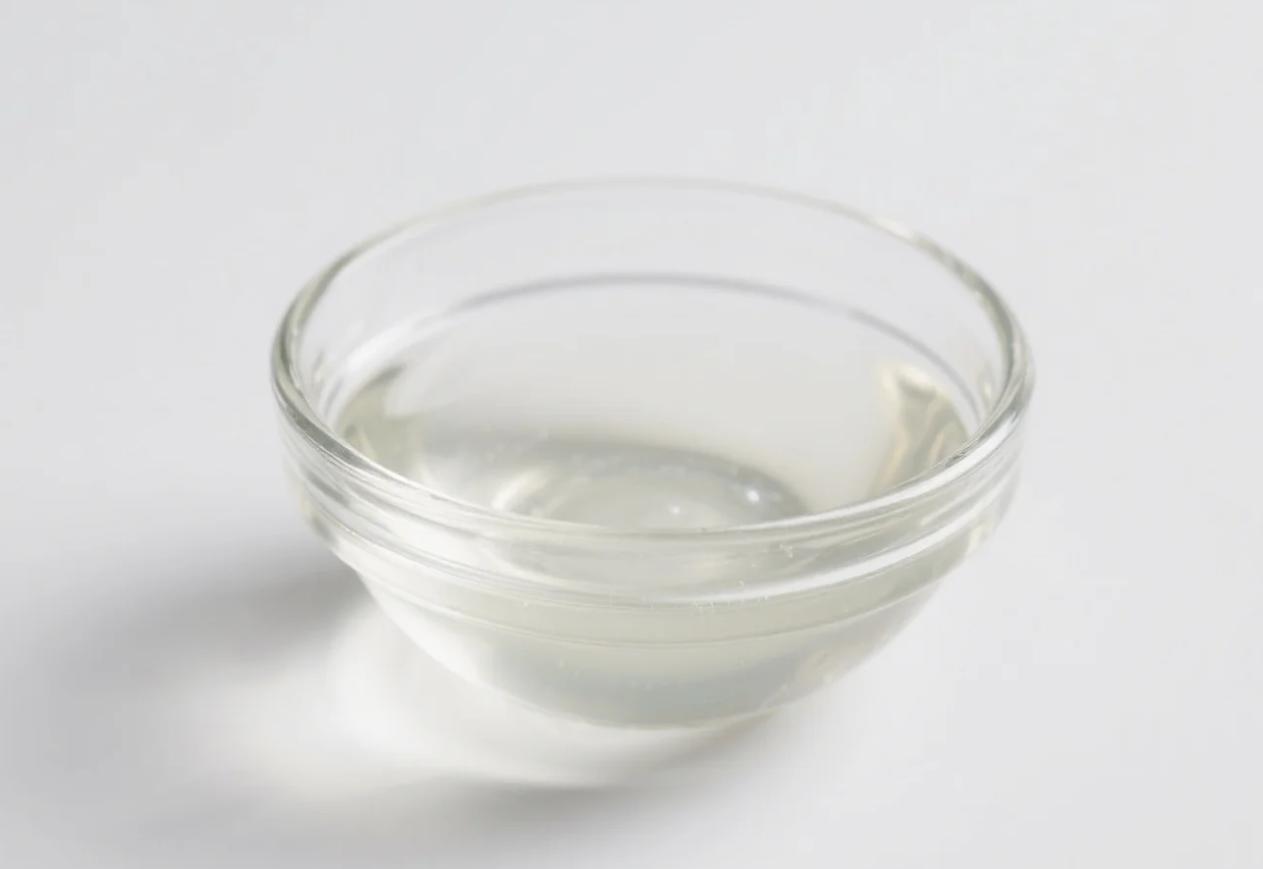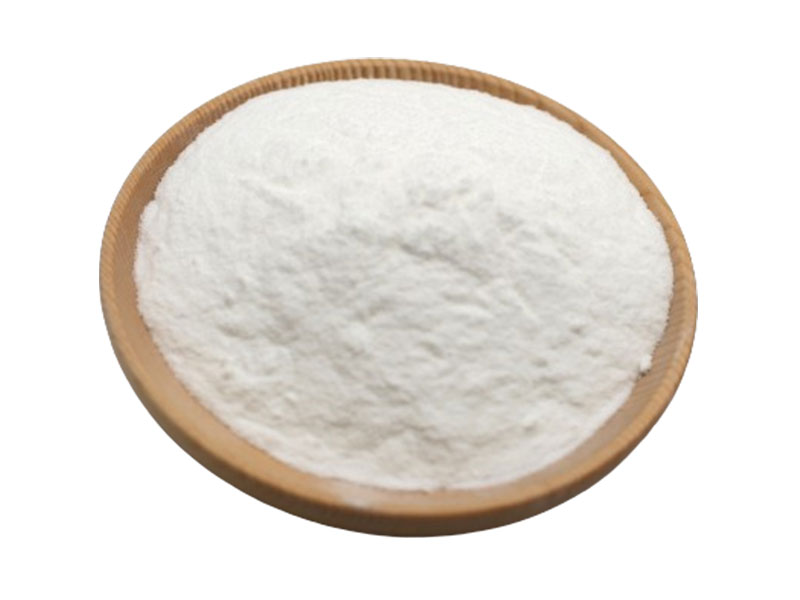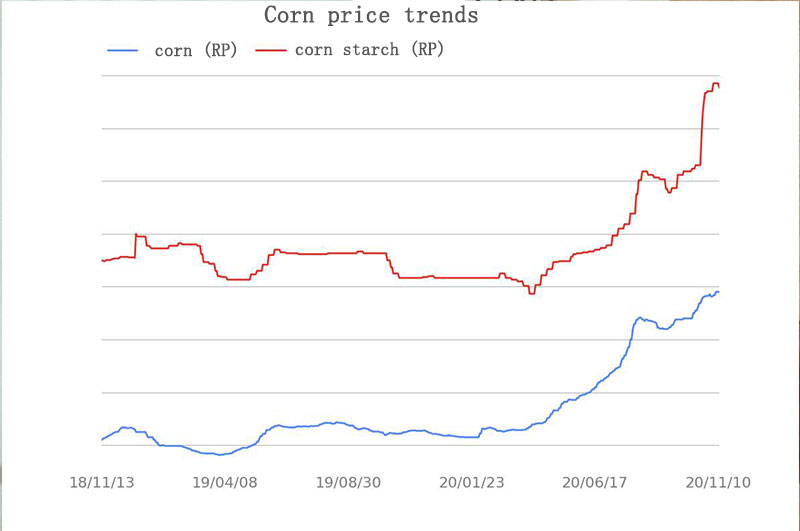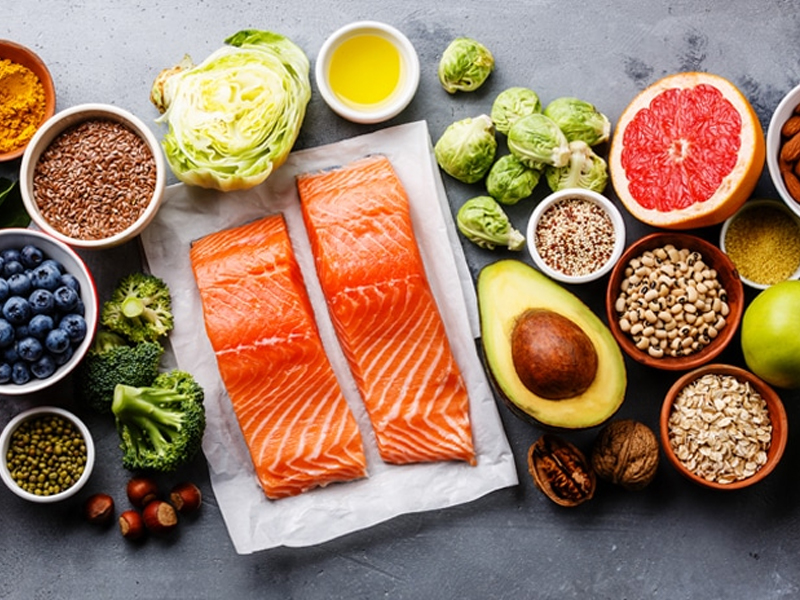Glucose Syrup 101: Not Your Average Sweetener
Made from hydrolyzed organic starches (corn, rice, or wheat), organic glucose syrup is a liquid sweetener with a simple mission: to outperform sugar in texture, stability, and versatility. While table sugar (sucrose) is 50% glucose + 50% fructose, glucose syrup is 100% glucose chains—a purity that unlocks game-changing benefits for bakers, brewers, and food innovators. Here’s why it’s the silent MVP in your pantry.
5 Reasons to Choose Organic Glucose Syrup Over Sugar
1. **Texture Wizardry
- Prevents Crystallization: Keeps ice creams creamy, caramels chewy, and frostings smooth (sugar recrystallizes, creating gritty textures).
- Retains Moisture: Extends shelf life of baked goods by 30% (vs. sugar’s drying effect).
2. **Fermentation Control
- Brewers’ Best Friend: Pure glucose ferments faster and more predictably than sucrose, yielding consistent beer and kombucha.
3. **Flavor Neutrality
- No Overpowering Sweetness: Lets delicate flavors (vanilla, herbs) shine in gourmet desserts and sauces.
4. **Heat Mastery
- Higher Burn Temp: Perfect for glossy candy glazes and hard crack caramel (sugar burns at 170°C vs. glucose’s 180°C).
5. **Organic Edge
- No GMOs or Pesticides: Conventional glucose syrup often uses GMO corn + glyphosate.
- Clean Processing: Enzymatic hydrolysis replaces sulfuric acid used in non-organic production.
Organic vs. Sugar: A Functional Face-Off
| Factor | Organic Glucose Syrup | Granulated Sugar |
|---|---|---|
| Sweetness | 60% sweetness of sugar | 100% sweetness |
| Hygroscopicity | ✅ High (locks moisture) | ❌ Low (dries out foods) |
| Freezing Point | ✅ Lowers (smoother ice cream) | ❌ Raises (icy texture) |
| Caramelization | ✅ Golden, stable color | ❌ Burns easily |
| Cost | ❌ 2x pricier | ✅ Budget-friendly |
Winner for Professional Results: Glucose syrup. Winner for Home Baking: Sugar.
The Blood Sugar Myth: Is Glucose Syrup Healthier?
- Same Calories: 4 kcal/g (identical to sugar).
- Higher Glycemic Index (GI = 100): Spikes blood sugar faster than sucrose (GI 65).
- But…: Organic glucose syrup contains no fructose, avoiding liver fat buildup linked to sucrose.
Health Verdict: Not “healthier,” but functionally superior for specific recipes.
Who Should Use Organic Glucose Syrup?
- Artisan Bakers: For mirror-glaze cakes and chewy marshmallows.
- Ice Cream Makers: Prevents icy textures in dairy-free pints.
- Candy Crafters: Achieves hard crack stages without burning.
- Health-Conscious Brands: Avoids HFCS (high-fructose corn syrup) in organic snacks.
DIY Hack: How to Substitute Sugar with Glucose Syrup
- Reduce Liquid: For every 1 cup sugar replaced, decrease other liquids by ¼ cup.
- Adjust Sweetness: Use 1.3x glucose syrup to match sugar’s sweetness.
- Add Invertase: For candies, combine with invertase enzyme to mimic sucrose’s texture.
The Organic Advantage: Beyond the Kitchen
- Eco-Friendly Sourcing: Supports regenerative farming for soil health.
- Allergen-Free: No traces of soy or dairy (common in cheap glucose syrups).
- Transparent Labels: No hidden fillers like maltodextrin or dextrose.
The Verdict: A Niche Powerhouse
Organic glucose syrup isn’t a sugar replacement—it’s a precision tool. For recipes demanding moisture, sheen, or heat resistance, it’s irreplaceable. While not a daily sweetener, its functional genius makes it the secret behind pro-level desserts, brews, and confections. Keep sugar for your coffee; save glucose syrup for when texture truly matters.
Sweeten smarter. Craft like a pro.
Related Products
Organic Glucose Syrup
Natural Sweetener & Functional Ingredient for Food, Beverage & Confectionery
Organic Maltodextrin Powder
Versatile Clean-Label Carbohydrate for Food, Beverage & Nutraceutical Applications



